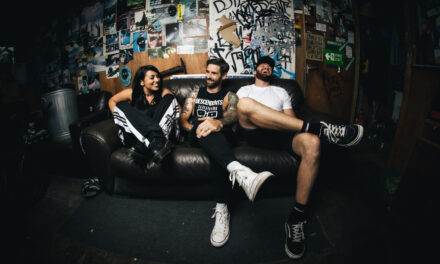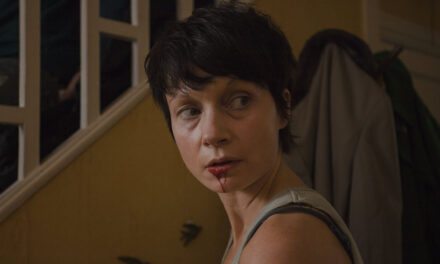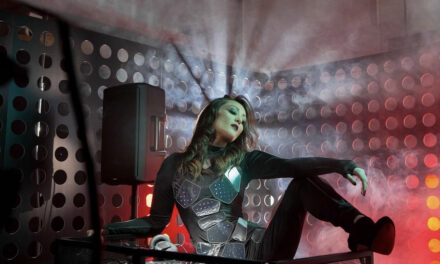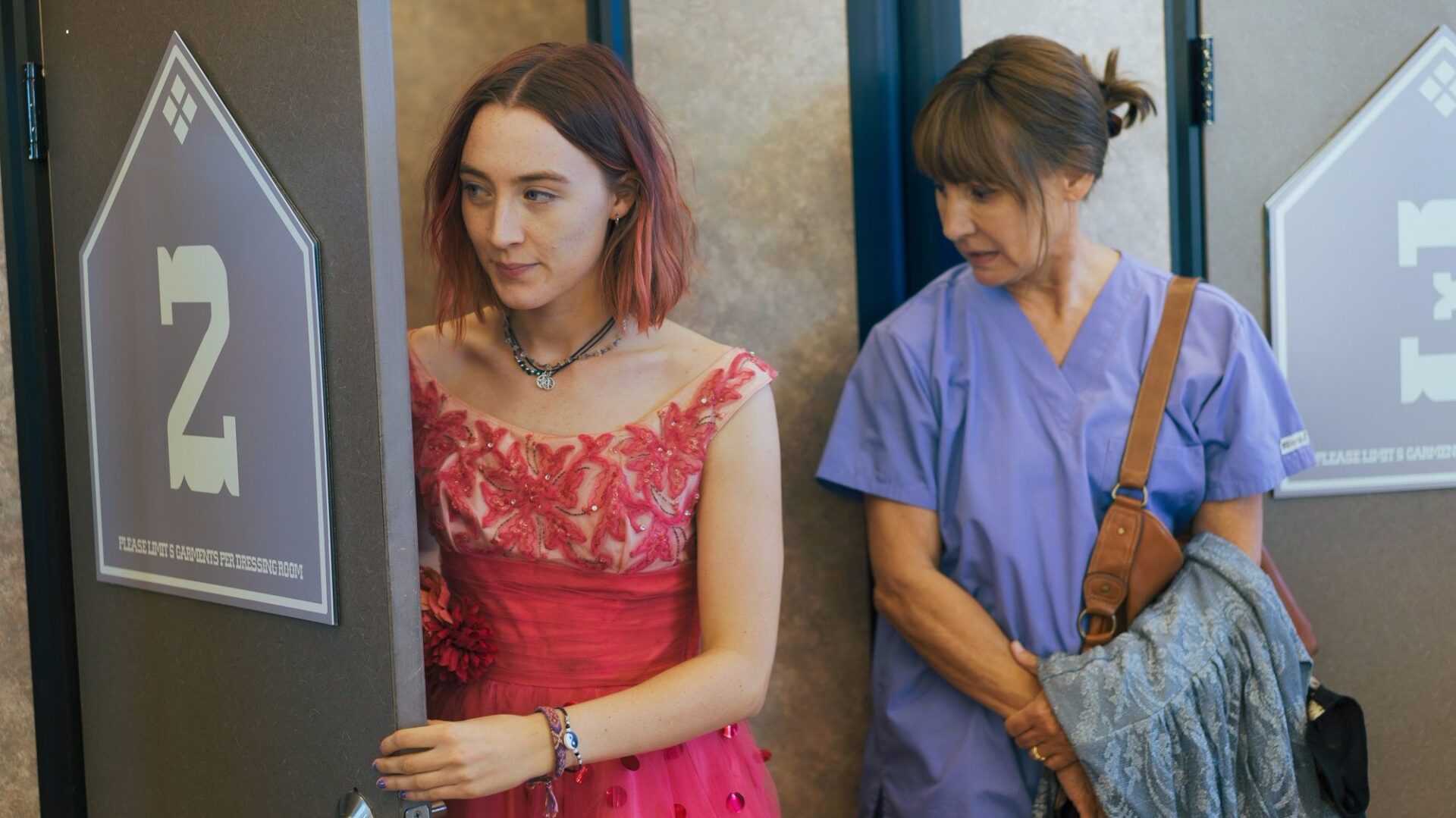The following review of And Then There Was Eve is coverage for the Los Angeles Film Festival.
And Then There Was Eve is exactly the kind of film I hate to review, and that’s for two reasons. First, this is the kind of film where I can’t really talk about it in any great depth without getting into the nitty gritty of second and third act plot details that could be considered spoilers, so if you don’t want to know where this plot is going, stop reading after the second paragraph. However, the second reason I hate reviewing movies like And Then There Was Eve is because it very, very clearly has its heart in the right place on a very critical social justice issue, but it misses the mark so earnestly and yet so misguidedly that I can’t help but feel that by criticizing it I’m doing some sort of harm to the social progress it’s trying to further, which I’d absolutely hate to do. And yet, despite its morals being firmly where they need to be, its perspective and the degrees by which it grants its characters empathy are disproportionately skewed toward emphasizing the suffering of the privileged over the discriminated against.
The film focuses on Alyssa (Tania Nolan) one year after her husband Kevin mysteriously disappeared. In attempting to track him down, she discovers his work acquaintance Eve (Rachel Crowl), who agrees to help her through this troubling time. Eve suggests that Alyssa move on, encouraging that she grieve the loss of Kevin with a wake and that she join a support group for widows. And as Alyssa begins to move on with her life, she starts to discover a love for Eve that she fears exploring further.
So here’s where things get tricky and potentially spoilery: Eve is Kevin after a year of transgender transition, and the reason that Alyssa doesn’t recognize her former husband is because Alyssa had a mental breakdown that erased Kevin’s face from her memory, as well as their final conversation in which Eve came out to Alyssa as transgender. This is a plot that bends over backwards to create a narrative that allegorically reflects the experiences of spouses with transitioning partners while still hiding the ball on textually being about a partner to a transitioning spouse, and the attempt to work on both levels creates massive metatextual problems.
First of all, the film insists, even after Eve reveals herself has the woman formerly known as Kevin, on treating Kevin and Eve as separate people, reinforcing the notion that a transitioning spouse is akin to having a dead spouse in how they are aggrieved. The film clearly intends to demonstrate Eve’s evolution as a positive, but by demonstrably showing Alyssa grow and move on from Kevin through a funereal grieving process, it deemphasizes the experiences Eve had prior to transitioning. This brings up the second and much more important issue that focusing on Alyssa’s, a cisgender person’s, pain as being equally if not more traumatic than Eve’s fear and anguish over transitioning creates a false equivalency that seemingly excuses some nasty behavior on Alyssa’s part, primarily in how in the aftermath of Eve’s coming out Alyssa tells her to leave and removes her wedding ring, then destroys all photographic evidence of “Kevin” in their apartment. The film expects us to feel sympathetic to her in this instance, and then turns against Eve for acting as her friend when Alyssa doesn’t recognize her. Eve confesses herself as a deceiver, which is a trope that has plagued the transgender community in film since the medium’s inception, and its perpetuation is not lost on this critic.
All that having been said, though, I really wish I could give And Then There Was Eve more of a pass. Director Savannah Bloch, who co-wrote the film with Colette Freedman, has an excellent command of both psychologically intense and romantically tense direction, and the film looks fantastic on a very small budget. And, even if this should be the standard rather than a woeful exception, kudos must be given for casting Rachel Crowl, a transgender actress, to play Eve while opting to never actually show Kevin’s face; more films need to allow transgender actors and actresses to portray their experiences on screen. However, despite the film’s technical qualities and best of intentions, And Then There Was Eve is painfully short of the mark in acting as a positive portrayal of life and love after a spouse’s transition. Its fantastical plot contortions make it a poor reflection of reality, and its misprioritized sympathies make it a poor reality to aspire to. Unfortunately, sometimes having one’s heart in the right place just isn’t enough.













